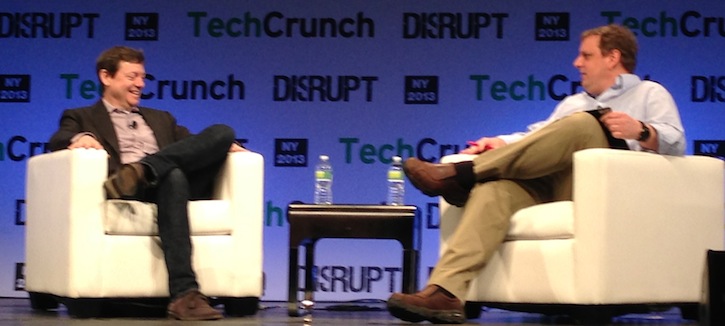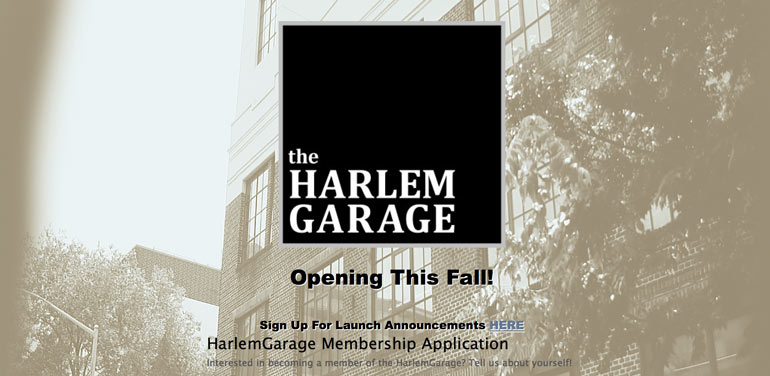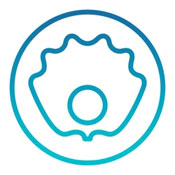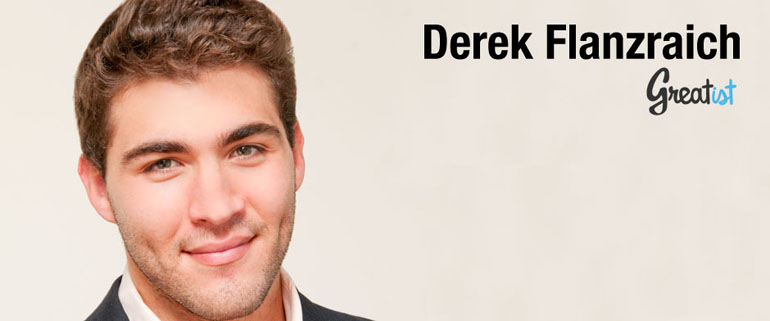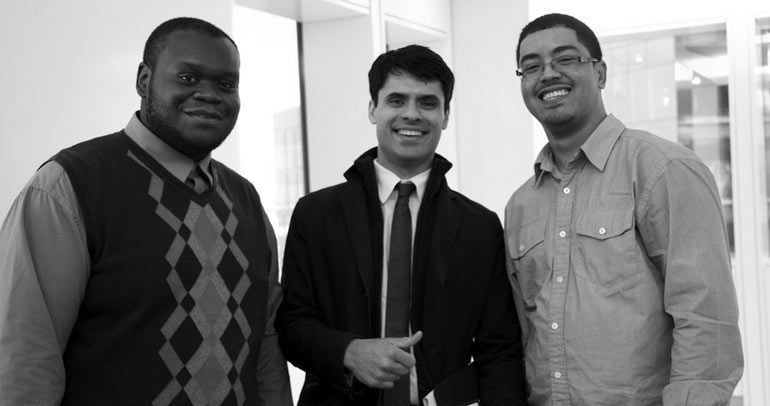Today’s been a big day for Everywhere Else Cincinnati. Earlier this morning we announced that Greatist founder Derek Flanzraich had joined the already amazing line up for the conference taking place in Cincinnati September 29-October 1st.
The Everywhere Else conference series is aimed at startups “everywhere else,” cities across America where startups are fueling the new economy. Startups in areas that aren’t traditional tech hubs, like Silicon Valley, often have a common set of challenges including access to capital, access to talent, and not knowing which resources are available to tap into.
At Everywhere Else Cincinnati, startups, angel investors, and VC’s from everywhere else will be able to learn and collaborate with like minded people in similar situations. We’ve compiled an amazing list of national speakers who will offer a range of discussions from starting up everywhere else, to raising money everywhere else, to accelerating everywhere else, and even what VC’s and angel investors are looking for when they turn to startups everywhere else.
After our huge conference in Memphis last February, a theme kept recurring: the need to “Start Where U Are.” This conference will help startups realize that in most cases starting where they are is the best scenario for them and the community.
We already have VC’s from some of the nation’s most respected firms attending or speaking at the conference. Two more of those VC’s, Soft Bank Capital’s Joe Medved and Mercury Fund’s Manging Partner Blair Garrou, will share their insight into what VC’s are looking for and how startups, who often have the odds stacked against them in the first place, can make sure they look good and ready in front of investor.
Both VC’s are distinguished in their fields, have an active role in their startup communities and advisory roles with their startups. Both investors have also been on the Business Journal‘s 40 under 40 in addition to other great accomplishments.
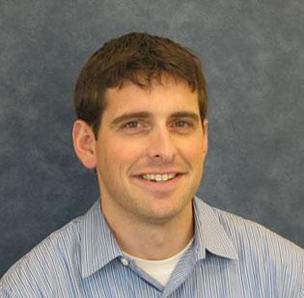 Joe Medved joined SoftBank Capital in 2005. He’s been investing in digital media companies for over nine years, from seed through growth stage. He focuses on supporting primarily Seed and Series A stage companies with special interests including consumer and enterprise mobile, gaming, and social marketing.
Joe Medved joined SoftBank Capital in 2005. He’s been investing in digital media companies for over nine years, from seed through growth stage. He focuses on supporting primarily Seed and Series A stage companies with special interests including consumer and enterprise mobile, gaming, and social marketing.
Prior to joining SoftBank Capital, Joe was an Associate with Constellation Ventures, a media and communications venture capital fund under Bear Stearns Asset Management. Prior to Constellation Ventures, he was an Associate and Analyst for the Technology, Media and Telecommunications Group with JPMorgan Investment Banking.
In 2011, Joe was selected by the Boston Business Journal for its 40 Under 40 class. He is Co-Founder of the Digital Media VC/Corp Dev Connection, a group that brings together active investors and corporate development professionals from large corporations focused on digital media. Joe is also Chairman Emeritus of the New England Venture Network (NEVN), one of the largest venture capital organizations on the East Coast.
 Blair Garrou is a co-founder and Managing Director of the Mercury Fund (formerly DFJ Mercury). The Houston-based VC firm makes investments in technology and energy where they even support their own accelerator called Surge. Garrou’s reach to accelerators doesn’t end there, though. He is a big believer in the accelerator model and is a mentor at The Brandery and often speaks to other accelerator cohorts across the country.
Blair Garrou is a co-founder and Managing Director of the Mercury Fund (formerly DFJ Mercury). The Houston-based VC firm makes investments in technology and energy where they even support their own accelerator called Surge. Garrou’s reach to accelerators doesn’t end there, though. He is a big believer in the accelerator model and is a mentor at The Brandery and often speaks to other accelerator cohorts across the country.
Prior to co-founding the Mercury Fund, Blair was the CEO of Intermat, Inc., a leader in product information management software (acq. by IHS). Before Intermat, Blair was a Principal of Genesis Park LP, a Houston-based venture capital and private equity firm, where he focused on the firm’s software investments, including Intermat, FuelQuest (acq. by Saracen Energy), and SAT Corporation (acq. by Invensys). Prior to Genesis Park, Blair helped launch and was the Director of Operations for the Houston Technology Center (HTC), the largest technology incubator in the state of Texas, and he led the formation of the Houston Angel Network, one of the largest and most active angel investment organizations in the U.S. Previously, Blair was an investment banker with BMO Nesbitt Burns, and an auditor with Deloitte & Touche. Blair is a licensed CPA in the state of Texas. He received a B.S. in Management with special attainments in Commerce from Washington & Lee University.
Medved and Garrou join this already amazing list of speakers
- Naithan Jones, Founder AgLocal
- Derek Flanzraich, Founder Greatist
- Andrew Warner, Founder Mixergy
- Andy Sparks, Co-Founder Mattermark
- Wil Schroter, Founder Fundable
- Jake Stutzman, Founder Elevate.co
- Jonathon Perrelli, Managing Director, Fortify Ventures
- Justin Gutwein, Filmmaker and Entrepreneur startupland.tv
- Mark Hasebroock, Founder Dundee Venture Capital
- Jason Healy, Founder Blu
- John Bracken, Founder Evite and Speek
- Dave Knox, CMO Rockfish, co-founder Brandery
- Patrick Woods, Managing Director a>m ventures
- Sarah Ware, Founder Markerly
- John T. Meyer, Founder lemon.ly
- Raghu Betina, Managing Patner The Starter League
- Ryan O’Connell, VP Influence & Company
- Blake Miller, Managing Director Think Big Accelerator
- Michael Bergman, Founder Repp.
Startups hurry only 4 Startup Village Booths left at the early bird discount rate!









